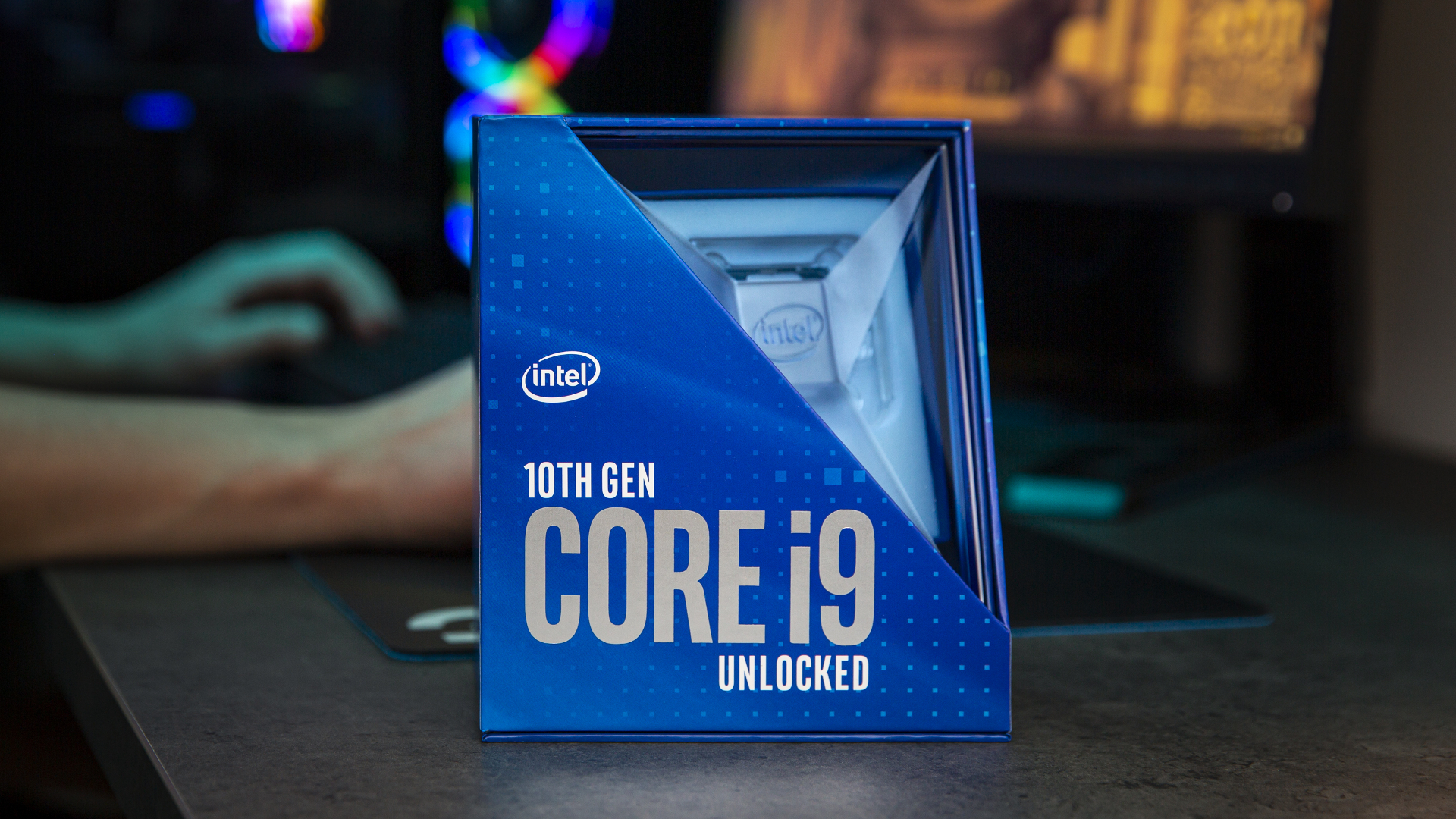Core i9-10900K hits new highs for Intel with amazing 7.7GHz overclock – and world record RAM speeds
New RAM record is set using G.Skill memory with a 10900K in an Asus Z490 motherboard

Sign up for breaking news, reviews, opinion, top tech deals, and more.
You are now subscribed
Your newsletter sign-up was successful
Intel’s Core i9-10900K processor is now on sale, and the new Comet Lake 10-core flagship has already been overclocked to 7.7GHz, outdoing the 9900K’s record overclock.
That’s a mind-boggling speed, naturally, but not one that the average punter will even be able to think about achieving with simple air or liquid cooling, given that Elmor – who is the in-house overclocking expert for Asus – used liquid helium cooling to drive to 7.7GHz (7703MHz) across all 10 of this CPU’s cores.
- Core i9-10900K vs Core i9-9900K: does the enthusiast king keep its crown?
- We’ve picked out all the best processors
- Check out how to overclock your CPU
In comparison to the predecessor 9900K processor, another high-profile overclocker, Der8auer, managed to hit 7.6GHz or 7613MHz to be precise, so the 10th-gen Comet Lake flagship managed to eke out 90MHz more of an overclock (across two extra cores, of course).
As Wccftech reports, in this case the 10900K was overclocked in an Asus ROG Maximus XII Apex motherboard (at 1.194V).
Furthermore, a new world record was set in terms of overclocking system RAM with this Asus motherboard and Intel’s Core i9-10900K, with an 8GB stick of G.Skill’s F4-4000C18-8GTRG memory actually being pushed to an effective memory clock of 3332MHz, hitting 6665MHz (or 6.6GHz), a seriously impressive feat achieved by Taiwanese overclocker Bianbao.
Speed of silicon
In the past, some processors have been pushed to the giddy heights of close to 9GHz, with the likes of AMD’s FX-8350 almost hitting 8.8GHz (although that was some eight years ago now).
The FX-8350 was a notoriously good overclocker of a chip, but even at these kind of speeds, it can’t match the performance of a modern processor.
Sign up for breaking news, reviews, opinion, top tech deals, and more.
Der8auer recently conducted an experiment where he pushed an FX-8350 to 8.1GHz (on liquid nitrogen), and dropped it to 7.5GHz, then ran Cinebench R15 – but even at this level, the old processor still couldn’t match the single-core performance of modern Ryzen chips, being slightly slower than a Ryzen 5 2600X (not even a current-gen or high-end Ryzen).
This aptly illustrates that there is a lot more to a CPU than pure clock speed, and underlines the kind of advances we get from progressing through different CPU architectures – with major IPC (Instructions Per Clock) increases – as time goes on.
- See all the best gaming PCs of 2020
Darren is a freelancer writing news and features for TechRadar (and occasionally T3) across a broad range of computing topics including CPUs, GPUs, various other hardware, VPNs, antivirus and more. He has written about tech for the best part of three decades, and writes books in his spare time (his debut novel - 'I Know What You Did Last Supper' - was published by Hachette UK in 2013).